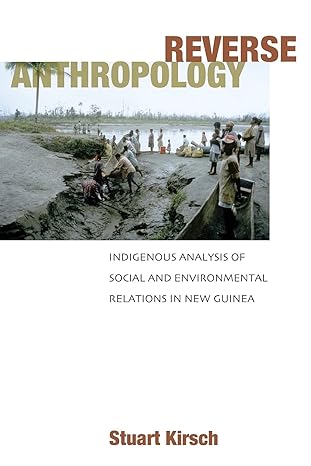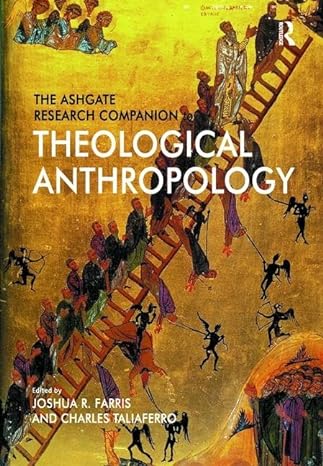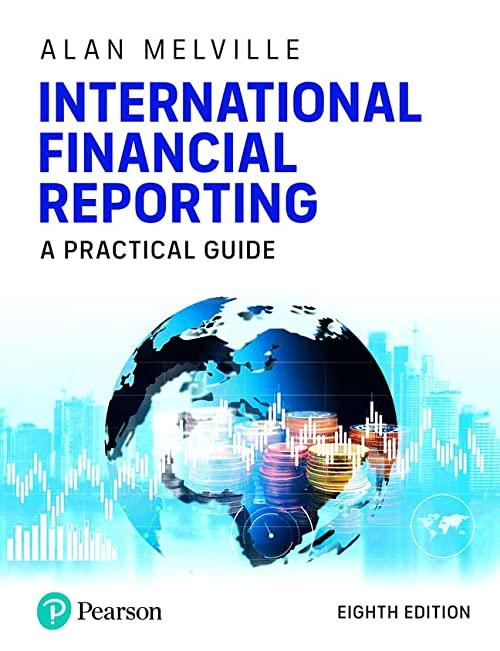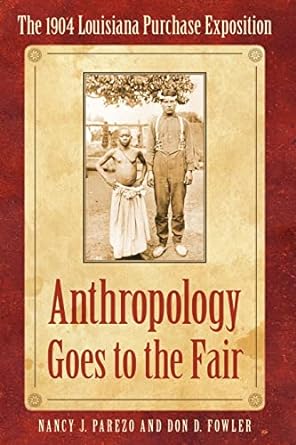Go back


Reverse Anthropology Indigenous Analysis Of Social And Environmental Relations In New Guinea(1st Edition)
Authors:
Stuart Kirsch

Cover Type:Hardcover
Condition:Used
In Stock
Shipment time
Expected shipping within 2 DaysPopular items with books
Access to 30 Million+ solutions
Free ✝
Ask 50 Questions from expert
AI-Powered Answers
✝ 7 days-trial
Total Price:
$0
List Price: $59.98
Savings: $59.98(100%)
Solution Manual Includes
Access to 30 Million+ solutions
Ask 50 Questions from expert
AI-Powered Answers
24/7 Tutor Help
Detailed solutions for Reverse Anthropology Indigenous Analysis Of Social And Environmental Relations In New Guinea
Price:
$9.99
/month
Book details
ISBN: 0804753423, 978-0804753425
Book publisher: Stanford University Press
Get your hands on the best-selling book Reverse Anthropology Indigenous Analysis Of Social And Environmental Relations In New Guinea 1st Edition for free. Feed your curiosity and let your imagination soar with the best stories coming out to you without hefty price tags. Browse SolutionInn to discover a treasure trove of fiction and non-fiction books where every page leads the reader to an undiscovered world. Start your literary adventure right away and also enjoy free shipping of these complimentary books to your door.
Book Summary: While ethnography ordinarily privileges anthropological interpretations, this book attempts the reciprocal process of describing indigenous modes of analysis. Drawing on long-term ethnographic research with the Yonggom people of New Guinea, the author examines how indigenous analysis organizes local knowledge and provides a framework for interpreting events, from first contact and colonial rule to contemporary interactions with a multinational mining company and the Indonesian state.This book highlights Yonggom participation in two political movements: an international campaign against the Ok Tedi mine, which is responsible for extensive deforestation and environmental problems, and the opposition to Indonesian control over West Papua, including Yonggom experiences as political refugees in Papua New Guinea. The author challenges a prevailing homogenization in current representations of indigenous peoples, showing how Yonggom modes of analysis specifically have shaped these political movements.
Customers also bought these books
Frequently Bought Together
Top Reviews for Books
Request tk1l85m
( 5 )
"Delivery was considerably fast, and the book I received was in a good condition."










